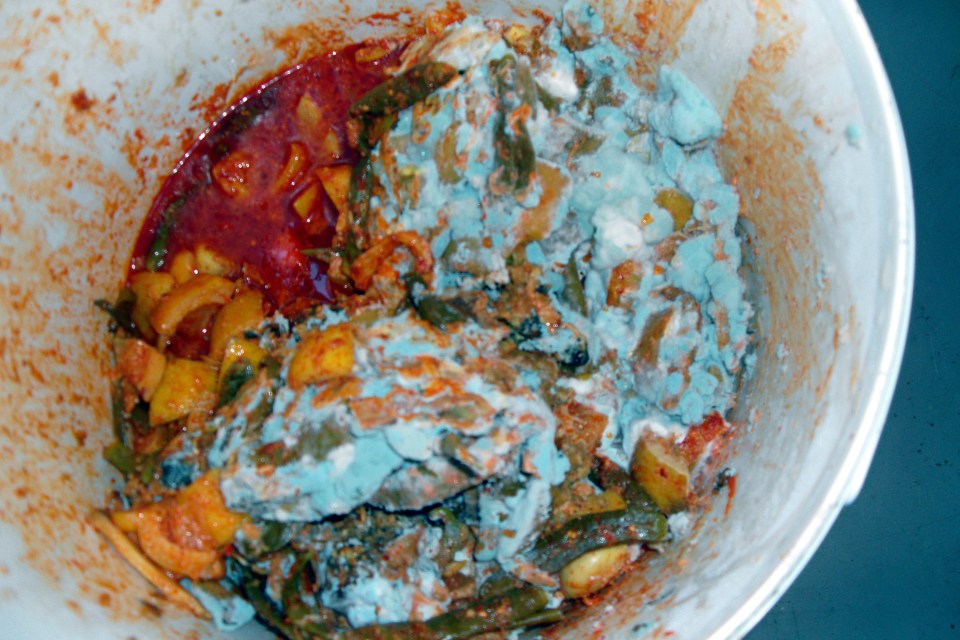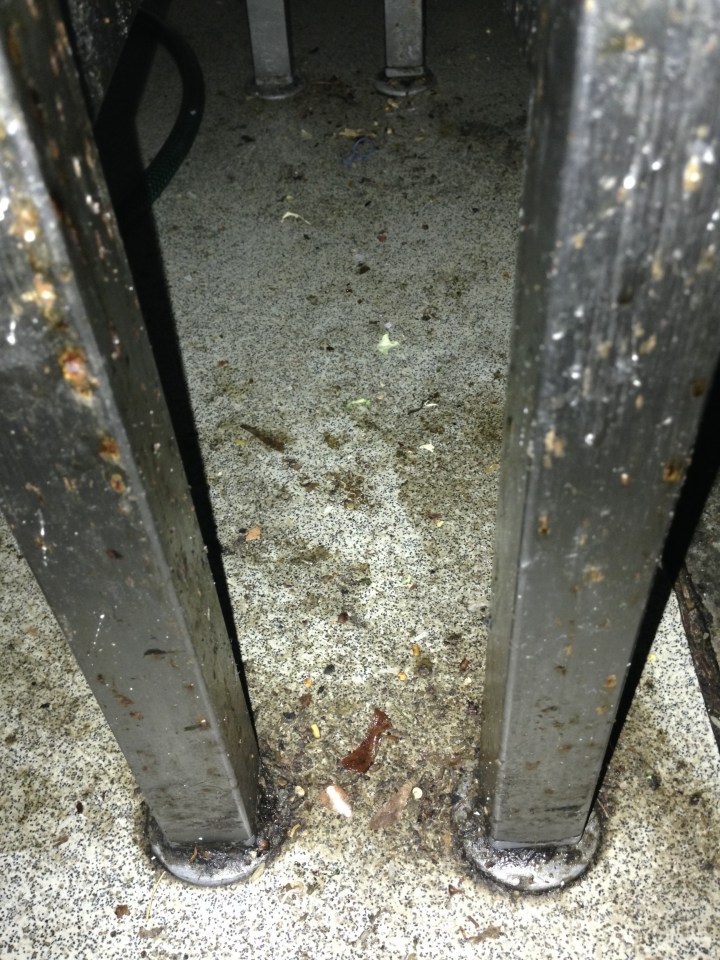One in SEVEN British food shops fail food hygiene tests, shocking new figures reveal
In some areas of Britain up to HALF of all takeaways are not safe, inspectors found

ONE in seven takeaways in the UK have failed food hygiene inspections - rising to more than HALF in the worst areas of the country, shock figures reveal.
Food Standards Agency data shows almost 30,000 establishments failed recent checks, including more than 7,000 takeaways and 8,000 restaurants.
Reasons for failing include filthy kitchens, infestations of rodents and cockroaches, cross-contamination of cooked and raw ingredients and storing food at unsafe temperatures.
Around one in 13 restaurants, cafes and canteens are judged below par and a shocking one in seven takeaways and sandwich shops, .
The worst area is Newham in East London - where more than 26 per cent of all food establishments failed inspections including 31 per cent of restaurants and more than 50 per cent of takeaways.
Second worst was Edinburgh, where more than 38 per cent of takeaways failed and 26 per cent of restaurants.
In Hyndburn, Lancs, 38 per cent of takeaways failed and in the London boroughs of Harrow and Islington it was around a third.
A high proportion of takeaways also failed in Epsom and Ewell (46 per cent), Manchester (34 per cent) and Birmingham (34 per cent).
The Shetland Islands, Hertsmere, Midlothian, Luton and Ealing were also among the worst in the country.
In total there are 32 local authorities where more than a quarter of takeaways failed to pass food safety inspections.
Scores varied widely across the regions with overall 10 per cent of establishments in Scotland awarded a fail grade compared with 6 per cent in England, 5 per cent in Wales and 2 per cent in Northern Ireland.
RELATED STORIES
In some local authorities areas such as North Devon and the Orkneys the failure rate was zero.
Schools, colleges and universities received the best scores nationwide of any type of food establishment, with less than than 1 per cent given a failing rating.
Takeaways and sandwich shops received the worst scores with 15 per cent judged to be below par.
Councils are responsible for checking the safety of all places that sell food, following guidelines set by the Food Standards Agency.
In England, Wales and Northern Ireland they give a score from zero to five, with two and below counted as a fail.
Currently 1,400 businesses have a zero score, meaning it "requires urgent improvement". Many are shut down temporarily to address problems identified by inspectors.
Scotland uses a different system awarding three grades: “pass and eat” to premises that exceed legal requirements of hygiene, “pass” to those that are broadly compliant, or “improvement required” which is counted as a fail.
Matthew Collins, a principal environmental health officer at Newham council, said a score of zero had to be taken seriously as it indicated a “cumulative failure of management”.
He told the Guardian: “That would be a failure to keep clean, a failure to maintain accurate temperatures, a failure to disinfect and a failure to have any constructive plan to manage it and/or an infestation of pests.
"It would be a premises you’d walk into and you’d draw breath.
“We’re talking about premises we’ve been into where there’s sewage running over the floor, or you stand there and you see something moving out of the corner of your eye, combined with management that have no hold on how to rectify the situation and have obviously let it get into a bad situation with no plan for the future. It’s bad.”
Michael Harding, a food hygiene rating scheme support officer at the FSA, said: “I wouldn’t eat at a zero-rated business. The message from the FSA would be: ‘If it’s got a zero, don’t take the risk.’
"Ninety-four per cent of food businesses have a rating of three or better, so there is plenty of choice to eat at a place where they take food hygiene more seriously.”
Businesses are currently not required to display their food hygiene scores in England and Scotland.
Wales made it mandatory in 2013 and Northern Ireland will follow next month.
We pay for your stories! Do you have a story for The Sun Online news team? Email us at [email protected] or call 0207 782 4368














